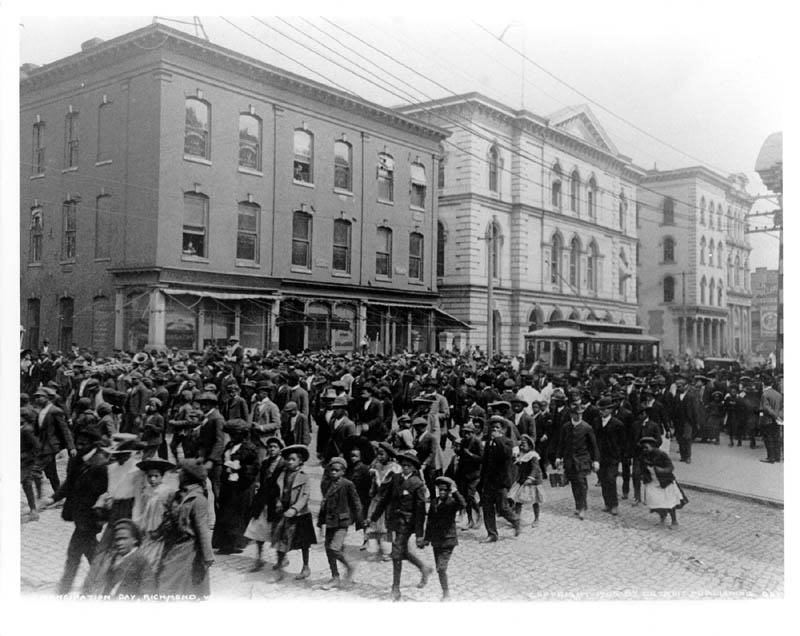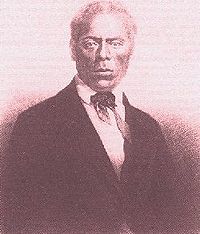June 19
What is Juneteenth? Juneteenth is a statement of freedom. Juneteenth is the unshackling of a body of people. Juneteenth is the freeing of slaves in the State of Texas. Juneteenth is the renewing of one’s character, integrity, spirit, and ability to achieve one’s greatest opportunities.

Juneteenth is also an amalgamation of the words June and Nineteenth, and it’s celebrated on—you guessed it, June 19th.
Why are there multiple Emancipation Days in the U.S.?
Chronologically speaking…
Washington D.C. celebrates President Lincoln’s signing of the Compensated Emancipation Act on April 16, 1862.
For many years African-American communities in border states such as Ohio, Illinois, Indiana, and Pennsylvania celebrated the anniversary of Lincoln’s Preliminary Emancipation Proclamation on September 22, 1862.
The Emancipation Proclamation itself took effect 100 days later, on January 1, 1863…which is why New Year’s Day was celebrated as Emancipation Day in some regions. (And part of the reason why “Watch Night” services on December 31 have held additional meaning and importance for African-American communities ever since.)
As you can imagine, Confederate states didn’t heed the proclamation or amendments of a country they were rebelling against, so it wasn’t until Union troops forced their way into various states and established control that the proclamation had an effect on most slaves. May 20, for example, is the day that General Edward McCook announced the end of slavery in Tallahassee, Florida.
In O’ Freedom: Afro-American Emancipation Celebrations, William Wiggins, Jr. counts at least 15 separate emancipation celebrations spread throughout the calendar, eight of which stem from official proclamations.
“The geneologies of the remaining seven celebrations are not easily traced…Their celebrants simply say that on some past May 5, 8, 20, 22, 28, 29, or on August 4 or 8, their ancestors were freed.”
As for June 19, that was the day in 1865 that Major General Gordon Granger and his troops finally worked their way to Galveston, Texas, two and a half years after Lincoln’s proclamation. Granger announced::
“The people of Texas are informed that in accordance with a Proclamation from the Executive of the United States, all slaves are free. This involves an absolute equality of rights and rights of property between former masters and slaves, and the connection heretofore existing between them becomes that between employer and free laborer.”
Order 3, read by General Granger, June 19, 1865
Observed in over 35 states, Juneteenth is the most widely-celebrated Emancipation Day in the United States.
33rd Anniversary of the Emancipation Proclamation
Juneteenth – Texas State Historical Association




